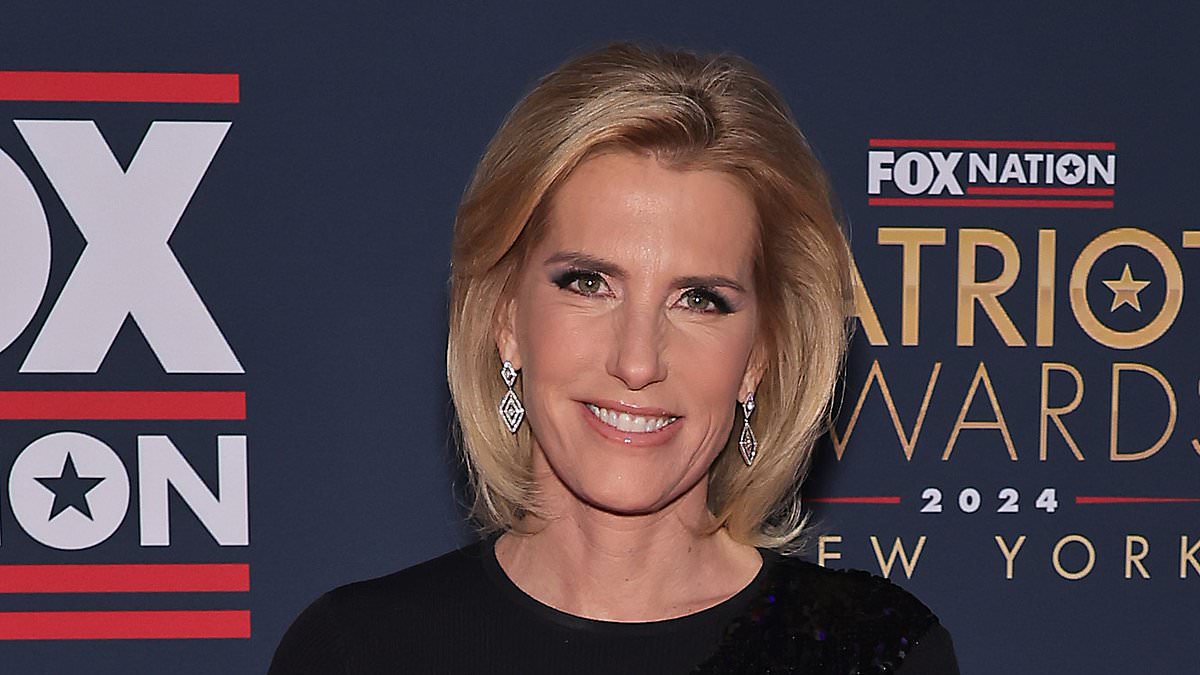Cancer patients who cut seed oil out of their diet may be able to slow their tumors, according to a new study.
By studying 100 men with early-stage prostate cancer over one year, researchers found those who ate less foods with vegetable oil and more foods like salmon had slower growing cancer than people who ate a normal western diet.
Seed oils – which include canola oil, corn oil and cottonseed oil – are high in omega-6 fats which some studies suggest may increase inflammation, making it easier for cancer to take over your system.
By contrast, oils found in fish are high in omega-3 fats, which are thought to protect against inflammation and support the immune system.
Dr William Aronson, a professor of urology at UCLA school of medicine who led the study, said: ‘Our findings suggest that something as simple as adjusting your diet could potentially slow cancer growth and extend the time before more aggressive interventions are needed.’
The leading US medical bodies all say that seed oils are safe and are not linked to cancer or other diseases.
But public opinion, partially lead by figures like Robert F Kennedy Jr, has been scrutinizing the popular ingredient, who say the oils are ‘driving the obesity epidemic’.
The new study comes just days after research from University of South Florida published earlier this week linked seed oils to the increase in colon cancer cases in young people.

A study from researchers in Florida suggested that seed oils and other ultra-processed foods could lead to inflammation and fuel a rise in colon cancers

In that study, the researchers suggested that the fats found in seed oils may promote inflammation, which can damage tissue, making it more easy for tumors to grow.
These lipids are believed to be dangerous in two ways – they promote inflammation which helps cancers grow and they prevent the body from fighting the tumors.
Roughly 70 percent of patients are diagnosed with prostate cancers in the early stages of the disease, before surgery, radiation or chemotherapy may be necessary.
About 60 percent of those opt to treat their cancer through monitoring, according to the National Cancer Institute.
That means that lifestyle changes that can prevent further tumor growth, such as changing diet, may be key.
The American Cancer Society estimates that there will be 299,010 cases of prostate cancer diagnosed in 2024 – which means about 201,000 will have early stage disease that they may opt to monitor, instead of treat.
In the new study, the researchers looked at 100 different men with this stage of prostate cancer.
The report, which was published in the journal of Clinical Oncology, focused specifically on the types fat they ate.
The Western diet is traditionally high in fats called omega-6s, which are found naturally in foods like corn, sunflower seeds as well as in vegetable oils.
American diets are also traditionally low in fats called omega-3s, which are found in fish, nuts and flaxseeds, are considered more healthy.
According to the researchers, previous studies of prostate cancer conducted in animals had found that lowering omega-6 intake and raising omega-3 intake could slow the rate that the cancer grew and became more aggressive.
So they assigned half of the participants to a diet low in omega-6 and high in omega-3, and left the other half to their normal habits.
This included slashing their intake of fried foods, chips and baked goods and loading up on foods like tuna and salmon. They ate roughly the same amount of calories, with varying amounts of fat and other nutrients.
After one year, they took a sample of their prostate tumors and analyzed them for chemical signs that give researchers an idea of how much a cancer has grown and changed.
They compared these to measurements taken at the start of the trial, and found that people put on a diet had a 15 percent decrease in signs of tumor aggression. So the diet had actually slowed the prostate cancer’s


Prostate cancer is the second-leading cause of cancer death in men in America, and has affected celebrities like Ben Stiller and Robert De Niro. Stiller was diagnosed with early stage prostate cancer in 2014 and De Niro was diagnosed in 2003.
By comparison, people not on the diet saw a 24 percent increase in the biomarker that suggests cancer aggressiveness.
So, those who ate an altered amount of these fats had a better chance at halting cancer progression than those who ate a normal western diet.
Dr Aronson said: ‘This significant difference suggests that the dietary changes may help slow cancer growth, potentially delaying or even preventing the need for more aggressive treatments.’
Still, the researchers said, more research is needed before this link can be confirmed. Generally speaking, dietitians and doctors recommend focusing on eating a balanced diet as opposed to cutting one kind of food out of your diet.
Future research on the topic could provide better information for the hundreds of thousands of American men diagnosed with the condition each year, reducing the chance that they have to undergo painful, costly treatments like surgery.
Dr Aronson said: ‘This is an important step toward understanding how diet can potentially influence prostate cancer outcomes.’










